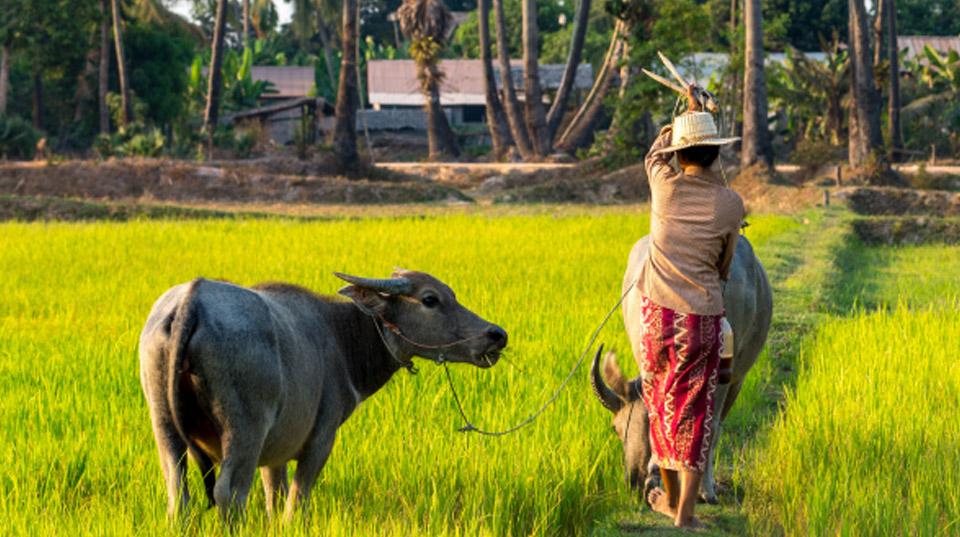Overview
A growing concern on the deleterious effects of chemical inputs to the environment has been on the rise from the excessive use of chemical inputs leading to soil and water pollution, destruction to fauna and microbial communities, reduced soil fertility and increased crop disease susceptibility. In the Great Mekong Region (GMR), a large majority of the population relies on agriculture and faces severe challenges including decline of soil fertility and sustainability, increases of occurrence of pests and diseases, thus leading to lower ecosystem productivity and income. In this region, further dependence on chemical fertilizers to provide plant nutrients will continue to impact negatively on soil health and the wider ecosystem.
Agroecological practices, and beneficial microorganisms in particular, offer an affordable and sustainable alternative to mineral inputs to support plant nutrition and soil health and have emerged as a potential alternative for optimal crop performance and sustainable production. Biofertilizers are a key component in integrated nutrient management as well as for increased economic benefits from reduced expenditure on chemical fertilizers, holistically leading to sustainable agriculture. To cope with the need for biofertilizer adoption for sustainable agricultural production, the countries in the GMR are putting effort in promoting development and use of biofertilizers and making them available to farmers at affordable costs.
Despite these efforts, farmers continue to use chemical fertilizers at high rates with the hope of increased yields instead of taking advantage of microbial products capable of providing plant nutrients while restoring or improving soil health. This study explored the current agricultural practices in the six countries in the GMR (China, Vietnam, Myanmar, Thailand, Cambodia and Lao PDR), the critical need for sustainable agroecological practices with a special emphasis on biofertilizers. The project highlighted the current status, distribution, adoption and gaps of biofertilizer production in the GMR, in order to obtain an insight on the nature of biofertilizers, efficacy and production standards, adoption or lack of biofertilizers in the GMR.




